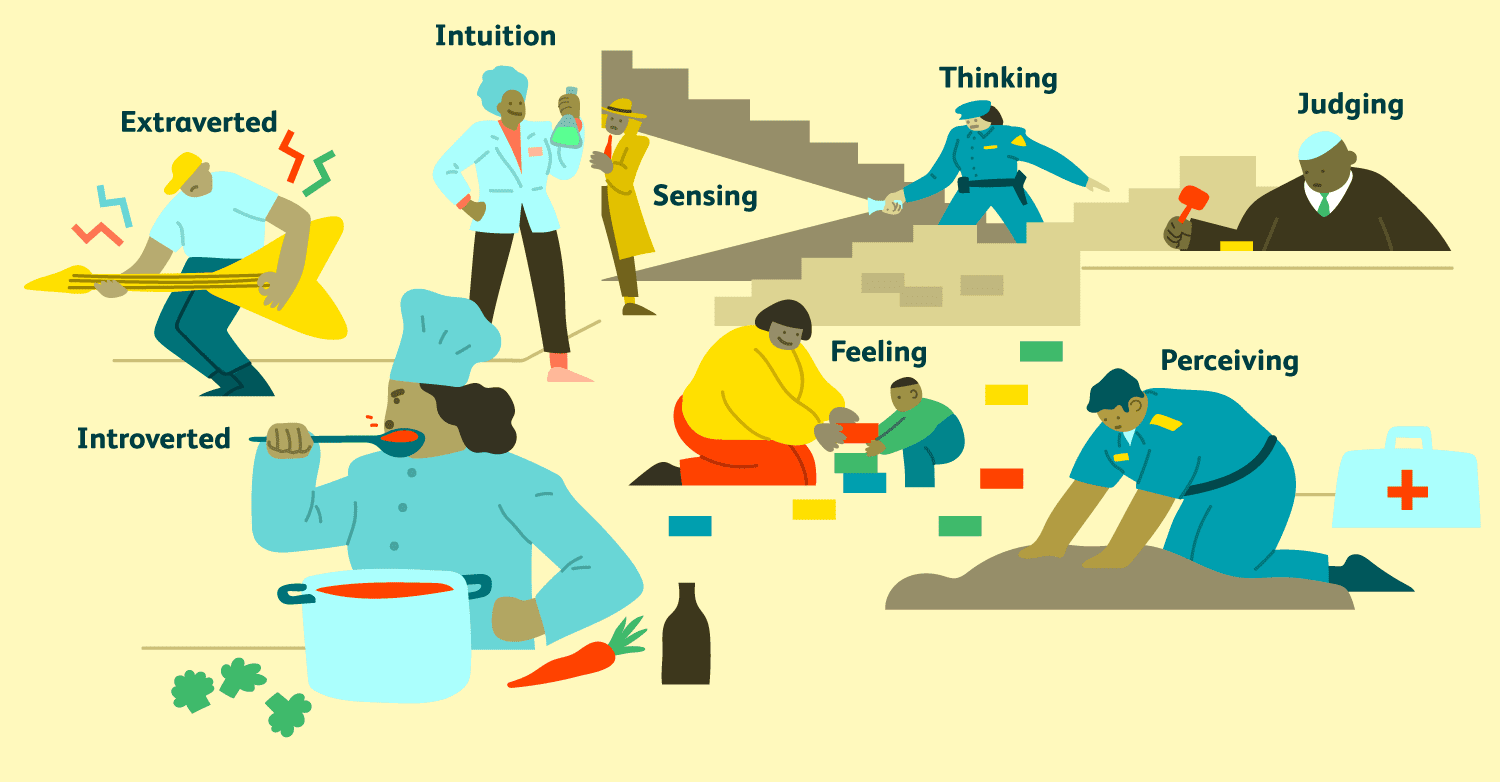
FAQ About Myers-Briggs Personality Type Test

Can the Myers-Briggs test be used to predict romantic compatibility?
The Myers-Briggs Type Indicator (MBTI) should not be used as a definitive tool for predicting romantic compatibility. While it can provide insights into personality preferences and characteristics, romantic relationships are complex and multifaceted, influenced by various factors beyond personality types.
Relationship compatibility involves compatibility in areas such as values, communication styles, emotional connection, shared interests, and long-term goals. These factors cannot be fully captured or predicted solely based on MBTI types.
It's important to remember that the MBTI focuses on broad personality preferences and does not account for individual differences, personal growth, or the unique dynamics of each relationship. People of any MBTI type can form successful and fulfilling relationships with individuals of different types.
Compatibility in relationships is best understood through open communication, understanding, and mutual respect. Developing emotional intelligence, effective communication skills, and the ability to navigate differences and challenges are crucial for building and maintaining healthy and harmonious relationships.
While the MBTI can provide a starting point for understanding your own and your partner's preferences, it should not be the sole basis for assessing romantic compatibility. It is recommended to approach relationships with an open mind, invest in building a strong emotional connection, and focus on understanding and supporting each other's individual needs and growth.
